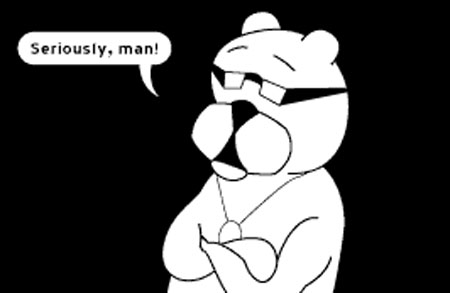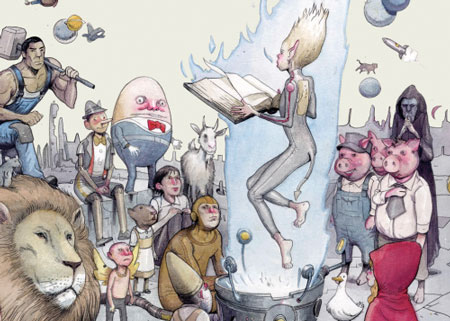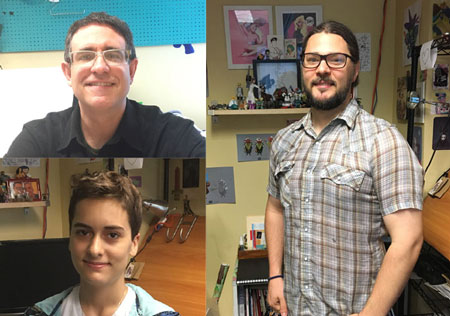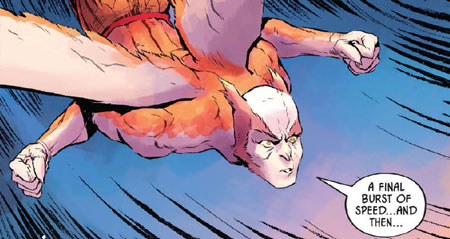
After covering the first four volumes of Kentaro Miura’s Berserk a few months back, Tim and Kumar decided to keep going. In volumes 5 and 6, the lengthy (volumes 3 to 14!) flashback to Guts’s origin story continues, but why does the flashback seem to exist in a magic-free world? In the early volumes, in the “present”, Guts was shadowed by an elf, frequently encountered ghosts and demons, and pulled off comically over-the-top feats with his huge sword. But the world of the flashback seems to be, with a few exceptions, a fairly realistic medieval Europe. The guys examine the difference and pick up hints of what comes next.
Brought to you by:
Podcast: Play in new window | Download

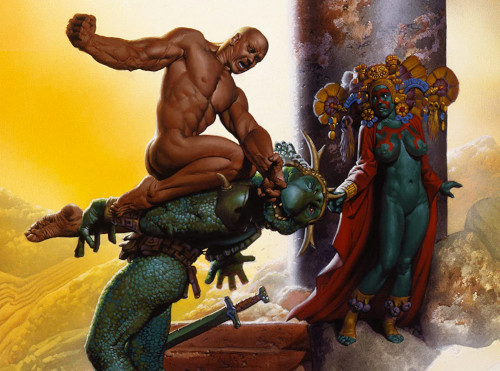
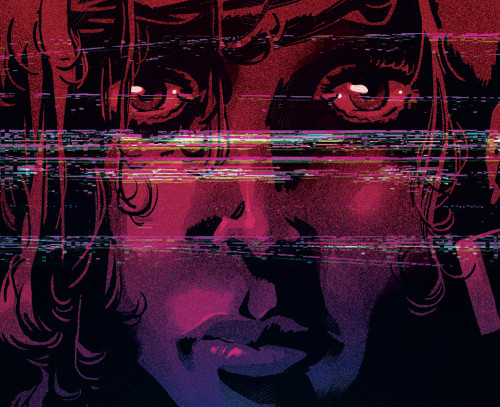
 Most people have some dreams of fame and fortune. A certain portion of those people make their way to Hollywood in hopes of getting that big break. But how much are you willing to give up to achieve that goal? And what if the fame isn’t as great as you expected? These are the questions arising from the forthcoming graphic novel
Most people have some dreams of fame and fortune. A certain portion of those people make their way to Hollywood in hopes of getting that big break. But how much are you willing to give up to achieve that goal? And what if the fame isn’t as great as you expected? These are the questions arising from the forthcoming graphic novel 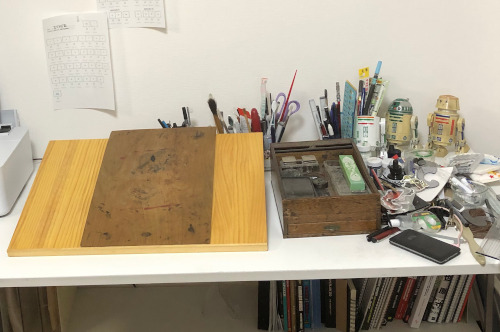 Many of us have dreamed of getting paid to make comics. Except in rare cases, working in American comics means being a freelancer. While a creative career can be rewarding, there are plenty of downsides, too.
Many of us have dreamed of getting paid to make comics. Except in rare cases, working in American comics means being a freelancer. While a creative career can be rewarding, there are plenty of downsides, too.